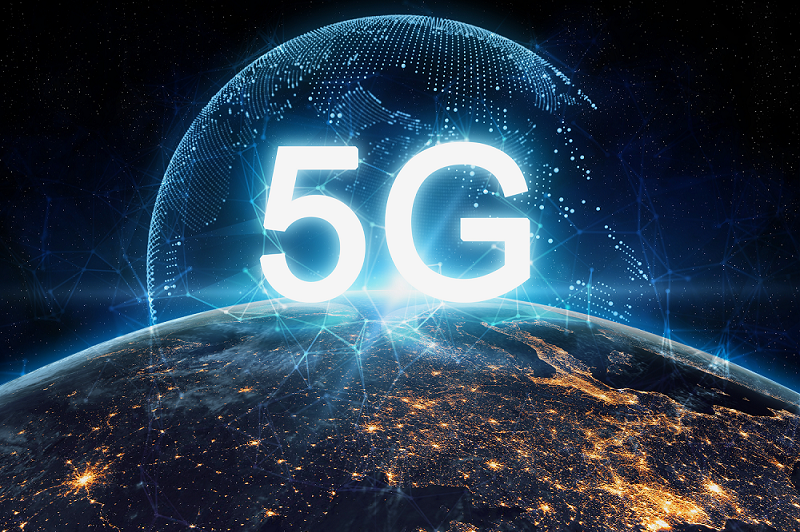Pulse of Information
Your source for the latest insights and updates.
Ditching Your Old Phone: Is 5G the New Cool Kid on the Block?
Are you still clinging to your old phone? Discover why 5G is the must-have upgrade and what you're missing out on!
Exploring the Benefits of Upgrading to 5G: Is It Worth the Hype?
The shift to 5G technology promises to revolutionize the way we connect and communicate. With its enhanced data speeds, reduced latency, and increased capacity, upgrading to 5G opens up a world of possibilities for both consumers and businesses. For instance, users can expect download speeds up to 100 times faster than 4G, allowing for seamless streaming of high-definition content, instant downloads, and improved online gaming experiences. Moreover, the ability of 5G networks to support a greater number of devices simultaneously makes it an ideal choice for densely populated areas and smart city applications.
However, many may wonder if the benefits of upgrading to 5G justify the costs and potential disruptions involved. One key advantage is the enhanced connectivity it offers, which can lead to innovations in various sectors, including healthcare, transportation, and entertainment. For example, telemedicine can see significant improvements as real-time data transmission becomes more reliable and efficient. In addition, 5G technology enables the development of the Internet of Things (IoT), resulting in smarter homes and cities. Overall, while the hype around 5G may seem overwhelming, the tangible benefits displayed in real-world applications suggest that it is indeed worth considering for future-proofing our digital experiences.

5G vs. 4G: What You Need to Know Before Ditching Your Old Phone
The introduction of 5G technology has sparked a debate among consumers about whether it's time to upgrade from 4G to the latest mobile network. While 5G boasts significantly faster download and upload speeds, lower latency, and improved connectivity for multiple devices, there are several factors you should consider before making the switch. First, examine your current phone's compatibility with 5G. If your device only supports 4G, you may not fully benefit from the advantages of the new technology until you invest in a new phone.
Another crucial aspect to consider is the 5G coverage in your area. While many urban centers are rapidly expanding their 5G networks, rural regions may still be limited to 4G service. If you're in an area with scarce 5G availability, transitioning to a device that supports it may not yield significant benefits. Lastly, before ditching your old phone, evaluate your data needs and usage patterns. For average users, 4G may still provide ample speed and performance, making it unnecessary to upgrade right away.
Is 5G Really the Future of Connectivity? Debunking Common Myths
In recent years, the transition to 5G connectivity has sparked a global debate, with numerous myths circulating about its capabilities and limitations. One of the most common misconceptions is that 5G is just a minor upgrade from 4G. In reality, 5G technology introduces a revolutionary leap in connectivity, providing enhancements such as lower latency, significantly faster download speeds, and the ability to connect a far greater number of devices simultaneously. Unlike its predecessors, 5G doesn't just improve existing networks; it creates new possibilities for advancements in areas like smart cities, autonomous vehicles, and augmented reality.
Another prevalent myth is that 5G networks pose health risks due to increased exposure to radiofrequency radiation. However, numerous studies conducted by health organizations have shown that 5G technology operates within regulated safety limits. The fear stems from a lack of understanding rather than scientific evidence. To debunk this myth, it's essential to note that the frequencies used in 5G are similar to those employed in existing mobile networks, and they have been deemed safe for public use. Ultimately, embracing 5G could lead to unprecedented growth in digital industries, enhancing overall connectivity and driving economic development.